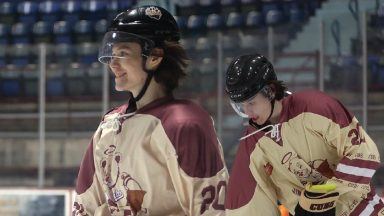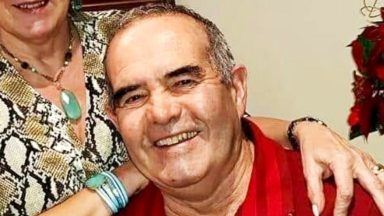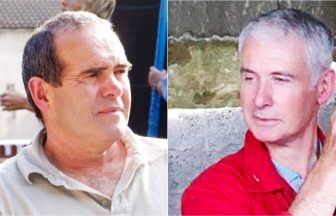An Aberdeen mother whose toddler has a rare form of childhood epilepsy is backing a campaign to raise more awareness of the condition.
Tracy Bruce’s three-year-old son Drew has Dravet syndrome, a life-limiting neurological condition which affects one in 15,000 people in the UK.
Tracy, 40, recalled multiple emergency trips to the hospital in the space of a fortnight due to Drew’s seizures, before he was diagnosed last year.
The toddler had his first seizure at around ten months old. He now suffers a seizure on a near-weekly basis, meaning he requires round-the-clock care.

Tracy said “Drew does have words. A lot of the Dravet babies don’t, but one seizure could take those words away. One seizure could stop him from walking.
“The biggest fear is bedtime though, because the night seizures are the worst. Every night you say ‘good night’ to him, you’re scared in case he isn’t there in the morning. That does happen a lot with Dravet syndrome.
“I was told if he makes it past five, we’re doing well. Then 12 is the next one to aim for.”
She added: “I’d never heard about [Dravet syndrome] before. A lot of medics don’t know about either. In hospital I am often told I’ll have to educate people on Drew because it’s so rare.”
With epilepsy just one part of the condition, Drew also has global development delay and problems with mobility and sleep.
“His legs are wider apart, and his toes are turned in. He can’t walk for too far, because it normally overtires him and causes a seizure,” Tracy said.
“It’s scary, it’s all new, it’s life-changing. But it’s Drew – he’s amazing.”
While research is ongoing with new medicines and treatments under way, there remains no cure at present.
Those living with the syndrome can experience a range of other conditions including intellectual disability, autism, ADHD, behaviours that challenge, difficulties with sleep, mobility and eating. The seizures can be highly unpredictable.

The charity Dravet Syndrome UK have launched a campaign to help raise more awareness of the condition.
“It’s such an isolating condition looking after someone with Dravet Syndrome,” Galia Wilson, chair of Dravet Syndrome UK told STV News.
“It’s not just epilepsy, lots of people have epilepsy in childhood. This is something different.
“It’s not just the seizures, it’s the day to day. These people need 24/7 care really for the rest of their lives.”
Tracy hopes speaking out will help others understand the symptoms and help other families of children with the condition.
She added: “Yes it’s hard-going – you don’t get much sleep. But Dravet babies are absolutely amazing and they can do anything. You just have to make sure they are safe.”
Follow STV News on WhatsApp
Scan the QR code on your mobile device for all the latest news from around the country



























